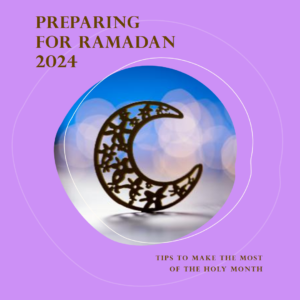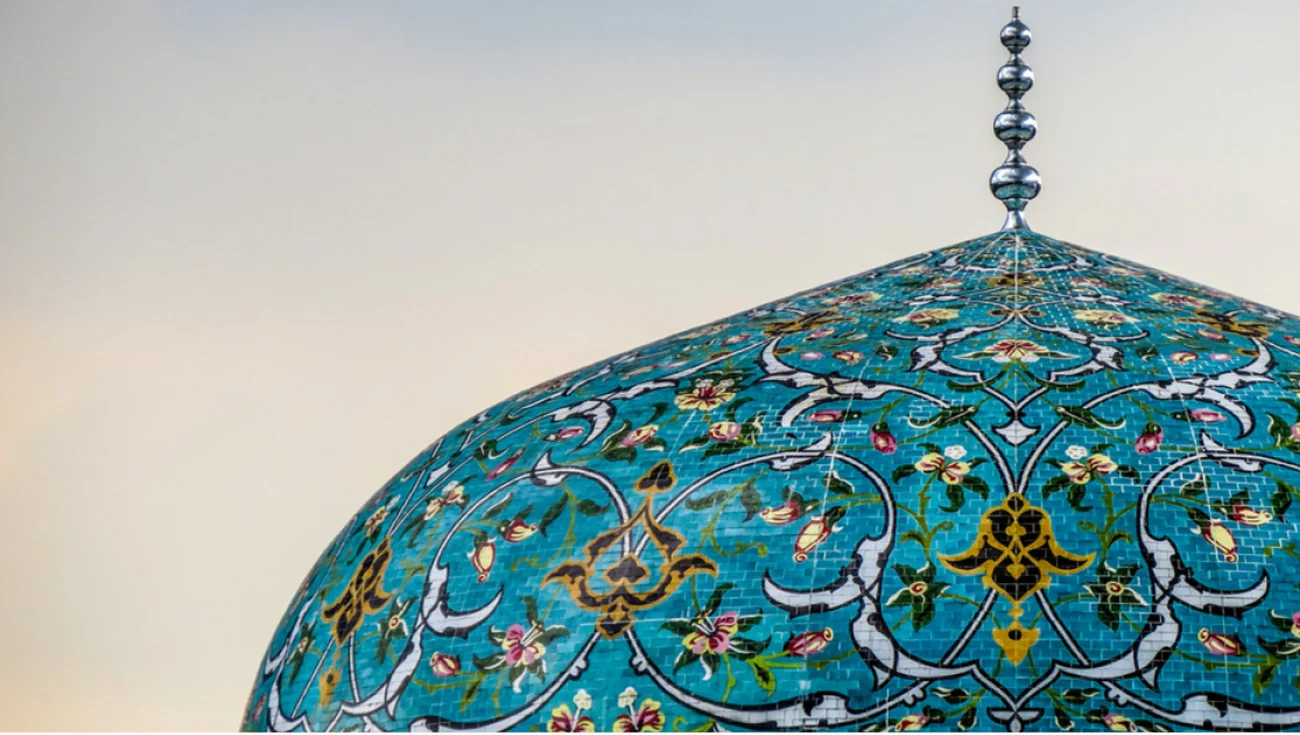
Buying a house on mortgage in islam
Buying a house is a significant milestone for many individuals and families. However, for Muslims, the process involves considering Islamic
Welcome, dear readers, to another enriching post on our culture and spirituality blog. Today, we’ll dive into the meaning, rituals, and celebrations of a significant Islamic festival known worldwide – Eid Al-Adha. This annual celebration holds a special place in the hearts of millions, and through this blog, we hope to enhance your understanding and appreciation of this sacred occasion.
Eid Al-Adha, also known as the Festival of Sacrifice, falls on the 10th day of Dhu al-Hijjah, the last month of the Islamic lunar calendar.
Eid al-Adha, also written as Eid ul-Adha, is predicted to fall on June 28 in 2023. Some communities mark the event from sundown to sundown on the following day, while others celebrate for the next three to four days.
The festival is marked in many majority Muslim countries, like Saudi Arabia, as a public holiday.
Eid Al-Adha commemorates the willingness of Prophet Ibrahim (Abraham) to sacrifice his son as an act of obedience to Allah (God). According to the Quran, Allah replaced his son with a lamb at the last moment, saving his life. This pivotal moment serves as a reminder for Muslims of the significance of faith, obedience, and sacrifice in their lives.
What are the rituals of Eid al-Adha?
Eid Al-Adha involves several significant rituals that underline its importance. The day begins with a special prayer, ‘Salat al-Eid’, performed in congregation. This is followed by ‘Udhiya’ or ‘Qurbani’, the act of animal sacrifice, symbolizing Ibrahim’s willingness to sacrifice his son. The meat from the sacrifice is distributed among family, friends, and the needy – exemplifying the spirit of giving.
Eid Al-Adha is a time of joy, charity, and deep contemplation. Families dress in their finest attire and attend the special prayers in the morning. After the prayers, the act of ‘Qurbani’ is performed. The rest of the day is spent feasting on a special meal, visiting relatives and friends, and exchanging gifts. It’s also a time to help those in need, reflecting the inherent altruism of the occasion.
The spirit of Eid Al-Adha transcends borders and cultural differences. In countries like Turkey, it’s known as ‘Kurban Bayramı’, and in Pakistan and Bangladesh, it’s often referred to as ‘Bakr-Eid’. From the grandeur of the Hajj pilgrimage in Mecca to the lively bazaars of Morocco, the unity in diversity can be witnessed during Eid Al-Adha. Whether it’s the distribution of ‘Biryani’ in India or enjoying ‘Ketupat’ in Indonesia, food plays a pivotal role in the celebrations, bringing people together in a feast of fellowship and gratitude.
As we delve into the facets of Eid Al-Adha, we can’t help but admire the lessons it imparts. The themes of sacrifice, faith, and charity resonate deeply and encourage us to embody these virtues in our daily lives. Whether you’re celebrating Eid Al-Adha or learning about it, we hope this blog post brings you closer to the essence of this remarkable festival.

Buying a house is a significant milestone for many individuals and families. However, for Muslims, the process involves considering Islamic

As the sacred month of Ramadan approaches in 2024, many of us look forward to this time of reflection, devotion,
